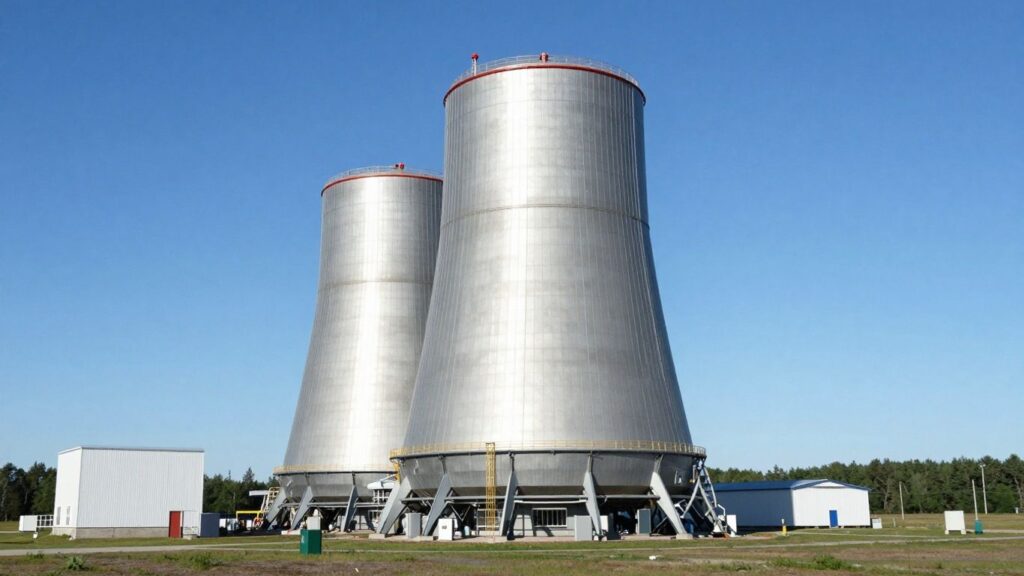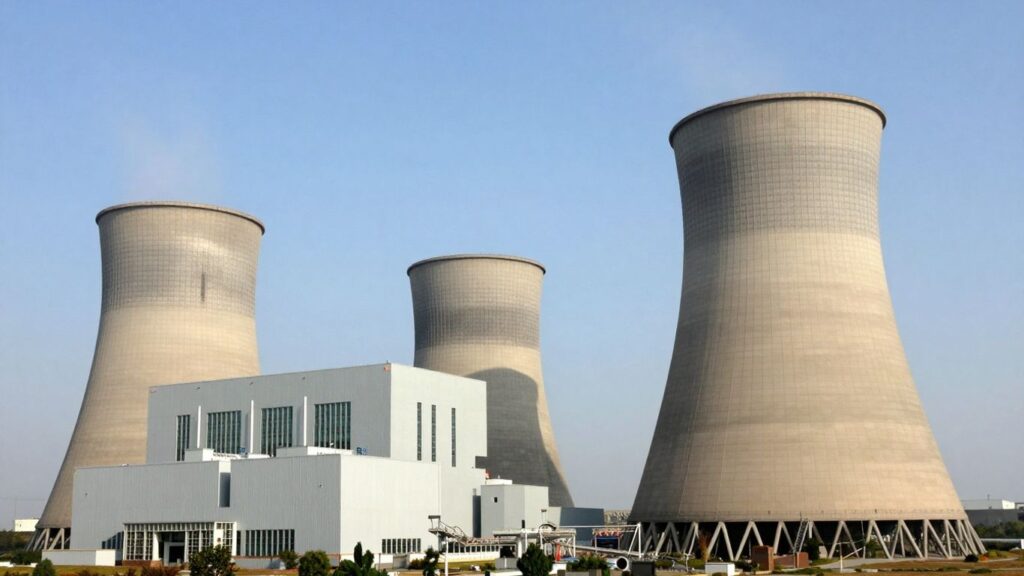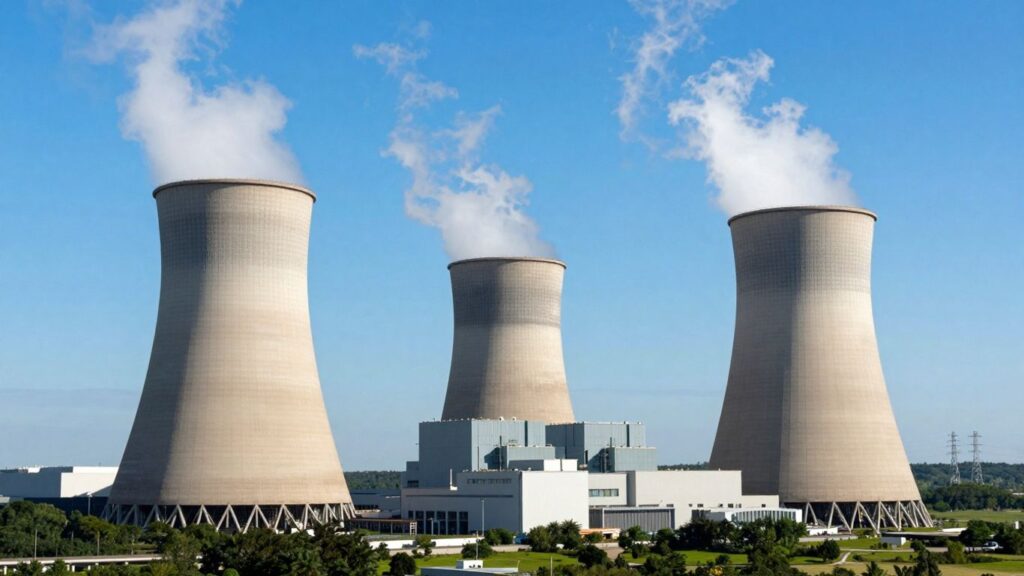The U.S. Department of Energy has launched a new pilot program, selecting 11 projects to fast-track the development of advanced nuclear reactors. The initiative aims to bring innovative nuclear technologies to domestic production swiftly, with a goal of fully developing three projects by July 2026. This program streamlines the authorization process and provides dedicated teams to assist participating companies, though it does not offer direct government funding.
Key Takeaways
- Eleven projects selected for the nuclear reactor pilot program.
- Goal to fully develop three projects by July 2026.
- Program expedites authorization and offers development support.
- No direct government funding provided to participating companies.
- Concerns raised by experts regarding safety and regulatory oversight.
Program Aims and Origins
Initiated by a presidential executive order, the program is designed to foster nuclear innovation and accelerate the deployment of advanced nuclear technologies. The Department of Energy is tasked with revising its procedures and regulations to support this goal. The program’s objective is to "help unlock private funding and provide a fast-tracked approach to enable future commercial licensing activities for potential applicants."
Industry Response and Concerns
While some in the nuclear industry are optimistic about the potential to accelerate the commercialization of small reactors, experts have voiced concerns. Critics worry that the rapid development timeline and potential revisions to regulations could compromise safety. A particular point of contention is that the program does not mandate licenses from the independent Nuclear Regulatory Commission (NRC) for these initial stages. Edwin Lyman of the Union of Concerned Scientists expressed concerns about transparency and public input in the Department of Energy’s self-regulated approval process.
Regulatory Landscape and Future Steps
Traditionally, the Department of Energy can develop reactors for research on federal land without NRC licensing, but commercial use requires NRC approval. This pilot program focuses on deploying test reactors on DOE land, utilizing the department’s own approval process. Kathleen Nelson Romans of Aalo Atomics, a participant, highlighted the program’s benefit in expediting approvals from weeks to days. Aalo Atomics plans to seek NRC licensing eventually. The aggressive timeline for reaching "criticality" is considered challenging but achievable by some participants.
Operational and Staffing Considerations
Industry leaders emphasize the need for collaboration between the Department of Energy and the NRC for a smooth transition to commercial licensing. However, concerns have been raised about potential staffing cuts within the Department of Energy under the current administration, which could impact the agency’s capacity to manage these projects effectively. Experts worry that reducing experienced staff could hinder the proper execution of these ambitious nuclear development goals.












